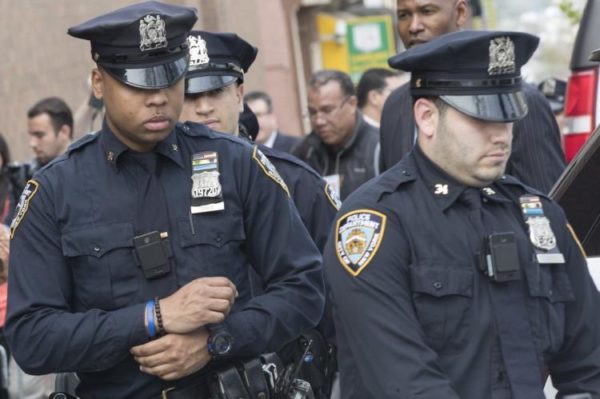November 25, 2011
By Marc Bussanich, LaborPress City Reporter
The day after the Living Wage event at The Riverside Church where Council Members spoke in favor of raising the wages of low-pay workers to $10 per hour on projects that receive substantial City financial assistance, the Council Members listened to the arguments by both the proponents and opponents of The Fair Wages for New Yorkers Act at a Council hearing on November 22. The hearing took almost four hours to complete, but Christine Quinn didn’t call for a vote on the legislation after hearing the arguments. Council Member Charles Barron said midway that “It’s ridiculous that we’re spending all this time debating a bill that’ll increase wages from $7.25 to $10 an hour.”
Barron said the bill should be renamed “The Minimum Wage Bill” because $10 an hour is still not enough to pay high prices for housing and food, but agreed the bill is a good start. He concluded that it’s “cheaper for low-income people to eat their dollars than use them to buy food.”
The premise of the act is that any company seeking subsidies for economic development worth more than $1 million must agree to pay its workers $10 an hour.
The Council hearing was the second one since the Council first listened to the proposal in the spring. The legislation was revised so as to minimize the objections that arose when it was first proposed. Whereas small businesses with revenues of less than $1 million would have been required to pay its workers $10 an hour when it received city subsidies, the change now increases the threshold to revenues of less than $5 million.
Still, the opponents of the bill argue that a $2.75 wage increase will dissuade businesses from building and hiring in the city. Jack Kittle, political director for DC 9, said that the bill “is not about workers” because the legislation exempts not-for-profits and affordable housing developers from the wage increase, “two industries that notoriously exploit workers.”
A spokesman for a firm that represents a business coalition opposed to the legislation said that while the bill is “well intentioned,” the implications of the bill “would create an unfair playing field for business and economic development” because a competitive business would benefit from not paying the wage mandate.
The proponents told the Council that other cities across the country have been able to pay higher wages for economic development projects. Ken Jacobs, Chair of the Labor Center at the University of California, Berkeley told the Council via teleconference that San Francisco was able to negotiate a living wage ($11.54 an hour for firms with 20 or more workers) for the redevelopment of the Hunters Point Shipyard and Candlestick Point. But Council Member Daniel Halloran said it’s laughable to compare San Francisco’s economy to New York’s, as it is the biggest regional economy in the United States.
In her opening remarks, Quinn said that “New Yorkers are hurting…Making it to the middle class is a dream that’s getting harder and harder to reach.” But in the same breath, she also said she hopes to reach a goal “without doing anything that would make the City a less desirable place to start or relocate a business or hurt job creation efforts.” Conversely, if New Yorkers can’t earn the meager $10 an hour, it’ll no doubt make the City a less desirable place to live.



